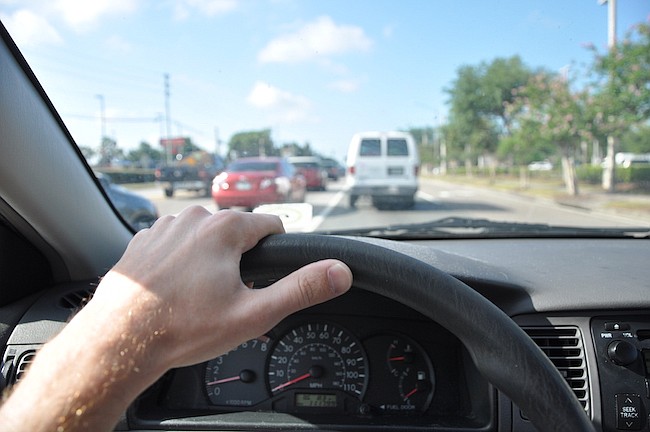- April 19, 2024
-
-
Loading

Loading

Winter Park and Maitland have different strategies when it comes to setting the city’s tax rate. Maitland is dreaming big with what they can do with the extra money raised by a proposed tax hike, while Winter Park is keeping the status quo.
The Maitland City Council unanimously approved raising the city’s millage from 4.15 to 4.7 mills on Monday. The hike would pay for the current $1.2 million deficit in the city’s budget, which without the raise in millage, would be paid for out of the city’s $14 million reserve fund balance.
The raise in millage, City Manager Sharon Anselmo said, would cost a Maitland resident who owns a $350,000 home roughly $165 more than what they pay at the city’s current tax rate. That’s about an 11 percent increase, she said.
Councilman John Lowndes motioned to approve the 4.7 mills rate, adding that he hopes as the budget continues to be ironed out over the next two months they can ultimately back the rate down by their final vote in September. But for now, he said, advertising the higher tax rate allows the city greater budgeting flexibility going forward.
One Winter Park commissioner motioned to take a similar strategy in the neighboring city, but was shot down as the majority of the Commission voted to keep the millage rate stagnant.
Winter Park City Commissioners set the tentative millage rate during their Monday meeting at 4.0923 mills, the same amount set for the previous eight years.
But Commissioners Greg Seidel and Peter Weldon both had other ideas of where the proposed millage rate should sit.
Seidel made a motion to increase the tentative millage rate by .10 mills, believing that opening the budget discussion with a higher rate would give the City Commission more flexibility.
“I have no idea what the other Commissioners want and what they want to do – we haven’t discussed anything,” Seidel said. “My point I’m trying to make is let’s not eliminate the ability to get more money to do things.”
“Until we negotiate, let’s keep our options open.”
It was a similar story last year during the budget cycle, when Seidel made a motion to increase the millage rate by .50 mills.
“We didn’t spend any extra money on undergrounding. We didn’t spend any money to do traffic improvements,” Seidel said. “When I campaigned, these are the things I told people I was going to try and get done, but if you’re not going to give me money, none of this stuff is going to get done.”
Weldon on the other hand said the millage rate should be lowered to 4.00 mills. The Commissioner wrote in a proposal that the city’s comfortable financial state allows for the millage rate to go down.
“When the resources coming into our city exceed our plans and ability to responsibly expand the services we offer, and our reserves are ample, we have a duty to return some of those resources to the people who pay the bills,” Weldon wrote in his proposal.
“It is responsible, as elected officials, to act in the best interest of the people we represent and return a small portion of their hard earned income that is not needed to fund current city services.”
The 4.0923 millage rate was ultimately voted through once again by a vote of 3-2, with Mayor Steve Leary, Commissioner Carolyn Cooper and Commissioner Sarah Sprinkel in favor.
Cooper said the existing millage rate is sufficient and doesn’t need to be raised or lowered.
“We have a good solid budget based on the existing infrastructure and millage rate,” Cooper said. “I think we just need to focus on providing excellent infrastructure.”
As for Seidel’s desire to see more electric undergrounding, Cooper suggested that Community Redevelopment Agency money could potentially be used to help expedite the process.
The City Commission will look to set a final millage rate and set the budget for the next fiscal year at a City Commission meeting this fall.